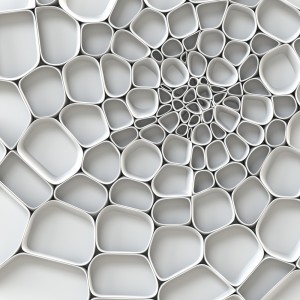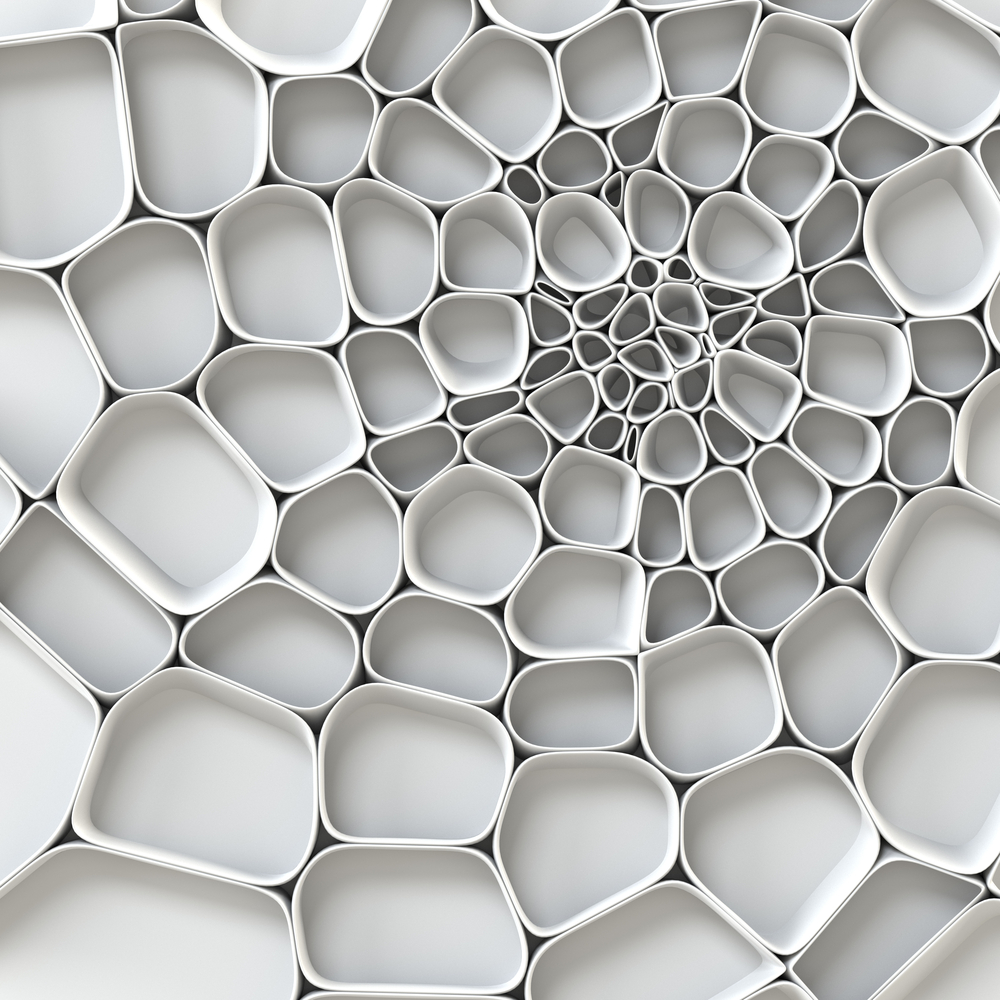 In a new study entitled “Cell shape and the microenvironment regulate nuclear translocation of NF‐κB in breast epithelial and tumor cells” researchers show how tumor cells’ shape impacts their response to the inflammatory system, prompting further research into cell shape and tumor microenvironment that may yield future anti-cancer therapeutics. The study was published in the journal Molecular Systems Biology.
In a new study entitled “Cell shape and the microenvironment regulate nuclear translocation of NF‐κB in breast epithelial and tumor cells” researchers show how tumor cells’ shape impacts their response to the inflammatory system, prompting further research into cell shape and tumor microenvironment that may yield future anti-cancer therapeutics. The study was published in the journal Molecular Systems Biology.
Nuclear factor kappa B (NF-kappaB) is a crucial transcription factor that plays a role in inflammation and cellular stress responses, but also contributes to cancer progression through the release of pro-survival signals in cancer cells.
In this study, a research team at The Institute of Cancer Research, London used robotic microscopy and automated algorithms to perform a high-throughput imaging analysis, and subsequent modeling, to measure cell shape of several breast cancer cells, together with non-tumor tissues. The high‐content image analysis allowed the team to analyze thousands of single cells (more than 307,000 cells) and measure 77 characteristics, including shape and “context’ features such as the proximity of a cancer cell to its neighbor cell, as well as cells roundness, protrusions, length and width, cell and nuclear area.
[adrotate group=”3″]
The authors discovered that depending on the levels of NF-kappaB present in cells nuclei, two different groups could be identified: the group where cells were larger with several protrusions — the ‘Mesenchymal-like’ cancer cells group — exhibited higher levels of NF-kappaB in the nuclei, when compared to the group of ‘epithelial-like’ cells, characterized by rounder cells.
The team performed further studies and identified that an activating NF-kappaB factor – TNFalpha – was a powerful inducer of NF-kappaB activation in the ‘mesenchymal-like’ cancer cells, but not in the ‘epithelial-like’ cell group. When the authors performed modeling analysis they observed that indeed cell shape influences NF-kappaB in response to TNFalpha translocation towards and away from cells’ nuclei.
These findings suggest that changing cell shape determines how cells respond to inflammatory signals and is a potential new avenue for future cancer therapies.

